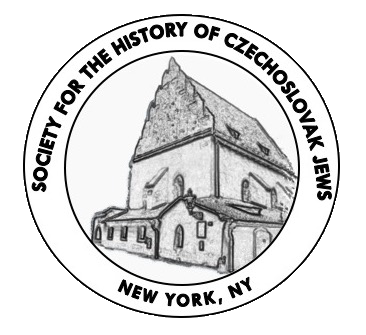Professor Anne Jamison
Institutions in Germany, Israel, the Czech Republic, and Great Britain continue to argue over who can claim the literary legacy of Franz Kafka. Kafka himself would have been astonished at this state of affairs, but would have provided no easy answer.
Kafka was bilingual, but wrote only in German. He was Jewish, but non-practicing; fascinated by Jewish languages, but did not speak them. He spent most of his life in Prague, but would never have identified himself as Czech.
Then in 1918, he became “Czechoslovak,” a sudden citizen of a new linguistically-defined nation state and its officially Czech capital. “The Czechoslovak Kafka” explains how this profound change shaped Kafka’s work and understanding of his native city and culture.
It also shows how like Kafka, many of Czechoslovakia's Jews straddled German and Czech languages and cultures, and saw in their new country both new hazards and new possibilities. Some—among them Kafka's good friends and even Kafka himself—drew on this complexity in steering Czechoslovak print culture to challenge the region’s longstanding nationalist divide that presented identity as an either-or proposition.
Anne Jamison is Professor of English at the University of Utah. She holds an undergraduate degree from Barnard and graduate degrees from the University of London and Princeton. She is the author of several books, including "Kafka’s Other Prague: Writings from the Czechoslovak Republic" (Northwestern, 2018).
The event is organized by the Society for the History of Czechoslovak Jews and Czechoslovak Society of Arts and Sciences, New York Chapter, with support of BBLA.
Free and public event on Zoom, please RSVP at Eventbrite
The event is organized by the Society for the History of Czechoslovak Jews and Czechoslovak Society of Arts and Sciences, New York Chapter, with support of BBLA.
Franz Kafka photo: Wander Book s.r.o.
